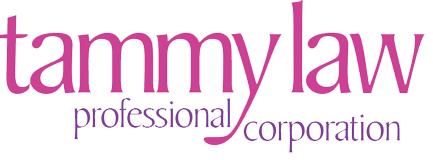When I am meeting with a client going through separation or divorce, I often lay out the various process choices that a client has at their disposal. More and more frequently, I have been advising people that litigation and court is not the best way to go about dealing with a separation or divorce. There are various reasons, but perhaps the most important one can be best put as a question: why would you allow a judge, the person in the room who knows the least about your case, decide how you will arrange your financial affairs and children’s lives post-separation? By going to court, many clients are giving up their right to decide for themselves as to how they want to order their lives. In some cases, this is necessary. Cases involving high conflict and serious mistrust come to mind. However, in many cases, court is not the appropriate venue to resolve these problems.
Collaborative law is one option that is not court. Contrary to popular myth, collaborative law isn’t the “easier” method of separating. It is not about “giving up” your entitlements. It is not a “free for all” where the law does not apply. What collaborative law is, however, is a process that is designed by the parties themselves, which takes into account clients’ emotional worries, and which attempts to arrive at solutions that everyone can live with.
For me, I think the hallmarks of collaborative law are as follows. First, the clients and lawyers agree that they will not go to court. For some, this seems restrictive, but it also forces the parties to be committed to the process and to work creatively to resolve disputes. Second, there is the possibility of involving “neutral” team members such as a financial assist or a social work assist. These neutral team members add value to the process by offering their specific expertise to reduce costs and move matters forward. Third, the parties are encouraged to listen to each other and speak of their interests. Needless to say, this does not happen enough at court or arbitrations. And fourth, parties come out with a result that, although frequently imperfect, is good enough to allow them to move forward in a way that makes sense for them. Unfortunately, this often does not happen even after a “victory” at court.
Please contact me if you have any questions about collaborative law. I would be happy to assist you determine whether this is for you.


Comments are closed.